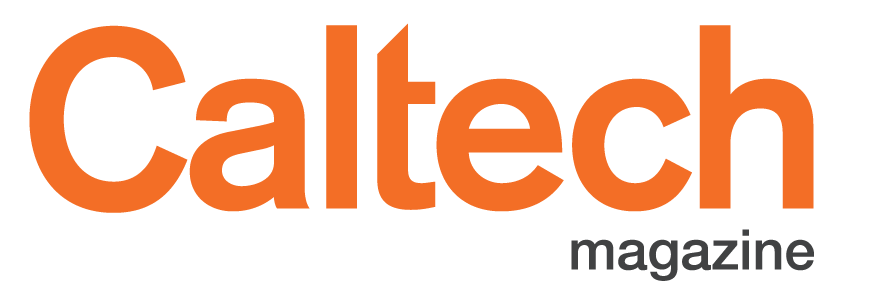Endnotes: What Would Be Your Watson Lecture?
Image: Shutterstock
This year, the Earnest C. Watson Lecture Series turns 100. If you were to give a Watson Lecture, what would the title be, and why should people attend?
What Does It Mean to ‘Believe’ in Science, and What’s Wrong with the Converse?
We all hope we can make sure our futures are secure and comfortable and engaging. In this conversation, you and I will explore why the answer to the title question matters for this hope and what we, as a community, must figure out to sustain it.
Harrison Leong (PhD ’86), SAN FRANCISCO, CA
How an Academic Mother Studies Supermassive Black Holes with JWST
I will present the latest results from our JWST research program on the dusty cores of galaxy mergers, intertwined with the tales of a mother’s experience in academia. Folks should attend if they want to hear about both exciting science done with the most powerful space telescope to date, as well as the human experience of the researcher involved.
Vivian U (BS ’06), IRVINE, CA
The Next Green Revolution
I would talk about the need to reimagine the ways we get our food in the future. Can we feed 10 billion people using the agriculture and agricultural inputs we use now? What kind of environmental impact would that have? What can/should we be doing differently? How can chemists, biologists, and engineers help?
Seva Rostovtsev (PhD ’01), MEDIA, PA
Recognizing Courage: Why Caltech Should Establish a Prize for Courage in Science and Engineering
Courageous people are often written off as crazy ... until they are not. Recognizing courage publicly defines the ways that scientists can “do the right thing” even when it is scary and/or difficult. Caltech has the stature and credibility to make these declarations and has a strong stake in a courageous scientific/engineering enterprise.
Gregg Wright (BS ’69), LINCOLN, NE
Human Augmentation
Recent developments may portend a kind of arms race as organic humans get new or en- hanced abilities, possibly matching or exceeding AI. Is this scary hubris? An unleashing of diversity? Can it conceivably be stopped? A look at onrushing changes not yet in the headlines.
David Brin (BS ’72), SAN DIEGO, CA
Alerting the Globe of Consequential Earthquakes
At Caltech, I began a 25‐year effort to improve rapid earthquake shaking and loss assessments worldwide. The ingredients include the rapid characterization of the earthquake source and the spatial distribution of the shaking. Next, impact estimates require quantifying the exposure and vulnerability of buildings and the affected inhabitants. Lastly, communicating uncertain societal impacts requires careful consideration of their function and form.
David Wald (PhD ’93), EVERGREEN, CO
Embracing Complexity in Biological Systems
The human genome encodes 25,000 genes, but while all of a person’s cells have the same DNA, complex networks of interacting elements make each cell type unique. In the same way, subtle differences in the DNA between individuals changes their networks, altering physical traits including disease risk and response to therapy. Increasingly, ideas borrowed from phys- ics are shedding light on the complex processes by which our genes work to make us who we are.
John Quackenbush (BS ’83), DOVER, MA
A Solar Compass for Sorting Ways of Being Human
Providing a profound improvement in our study and understanding of human beings by rescuing the
term “birthday” from the archaic notions of astrology by revealing birthday amounts to a fundamental
dimension, phase, of the annual cycle of daily levels of arriving solar energy in the environment that
newborn infants have evolved to respond to with systematic differences in neural networking patterns and
parameters.
Joe Friendly (BSEE ’60), NEW YORK CITY, NY

